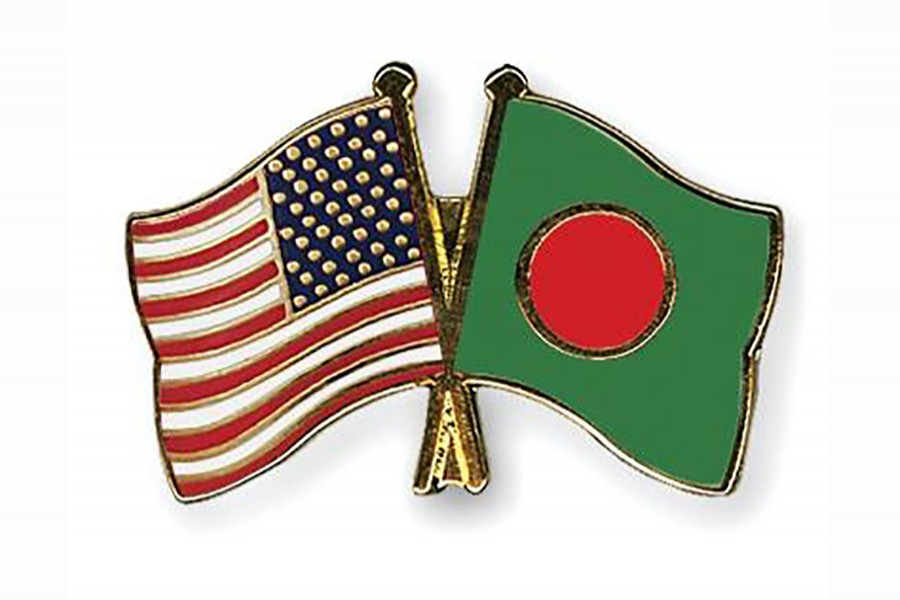Bangladesh is in talks with the United States to buy sophisticated military hardware from Washington in a move that could upset China.
China has traditionally supplied defence weaponry to Bangladesh and analysts said the potential deal will help reduce the country's over-reliance on the Asian power.
The two countries are now in the process of signing a "foundation agreement" to advance the purchase.
Last year, Bangladesh approached the US to buy advanced military hardware, which led to the discussion on signing the General Security of Military Information Agreement.
The deal is a pre-requisite for the purchase of military hardware from the US, senior US officials told the FE on condition of anonymity.
Asked about the type of the military hardware for which Bangladesh showed interest, they said that the discussion began with the possibility of buying two attack helicopters with missile fire power capability.
"We discussed Cobra and Apache and they showed more interest in Apache. Then we have told them to submit their required configuration in detail," a US official said.
The price of the helicopters will depend on the configuration, said one of the officials.
The AH-64 Apache, a twin-turboshaft attack helicopter features a nose-mounted sensor suite for target acquisition and night vision systems.
The Boeing-built copter is armed with a 30 mm M230 chain gun carried between the main landing gear, under the aircraft's forward fuselage, and a mixture of AGM-114 Hellfire missiles and Hydra 70 rocket pods.
Signing the military information agreement is required for purchasing advanced military hardware from the USA. Under this agreement, both countries will be committed to protecting the secret military information of the other side.
"Before selling any sophisticated military equipment, we have to make sure that the country ... has the required mechanism to protect the military secret," an official said, adding under the pact, the US will help Bangladesh develop the required security system for protecting the secrecy.
They also noted that both the countries are also in discussion to sign the Acquisition and Cross Servicing Agreement under which they will be obliged to provide logistic support to each other on condition of reciprocity.
For example, if a US Navy ship requires 55 thousand gallons of fuel in the Bay of Bengal, it can ask Bangladesh to provide the supply on payment or in exchange for similar logistic support.
If a Bangladeshi Navy ship near Lebanon requires refuelling and if there is a US facility nearby, Bangladesh can ask the US to refuel their ship in return.
Responding to a question, they said the discussion resulted from a natural way as Bangladesh is keen to modernise its military with advanced hardware and the US is the best producer of such weaponry.
But they declined to comment on the current state of the discussion.
"We are hopeful," said one official.
India has a similar kind of agreement with the US. But according to a US law, selling military hardware to Myanmar is prohibited, they said.
Analysts said the new defence cooperation with the US will help reduce Bangladesh's reliance on China.
Dr Delwar Hossain, professor of international relations at Dhaka University, said Bangladesh appears to be diversifying its defense relations.
"We are very much dependent on China for military hardware, now this dependence will be reduced if we can go for such a deal," he said.
As a growing economy and having an important geopolitical location modernising defence capabilities "has become imperative for Bangladesh," he noted.
Considering the Indo-Pacific strategy, the US has altered its policy because Washington was not willing to sell modern military hardware until recently, according to Dr Hossain.


